Hock Tan: the tech sector’s supreme dealmaker
Broadcom’s boss Hock Tan has acquired a reputation as the industry’s prime dealmaker – a renown that suffered a blow under Donald Trump. Now he has another big fish on the line.
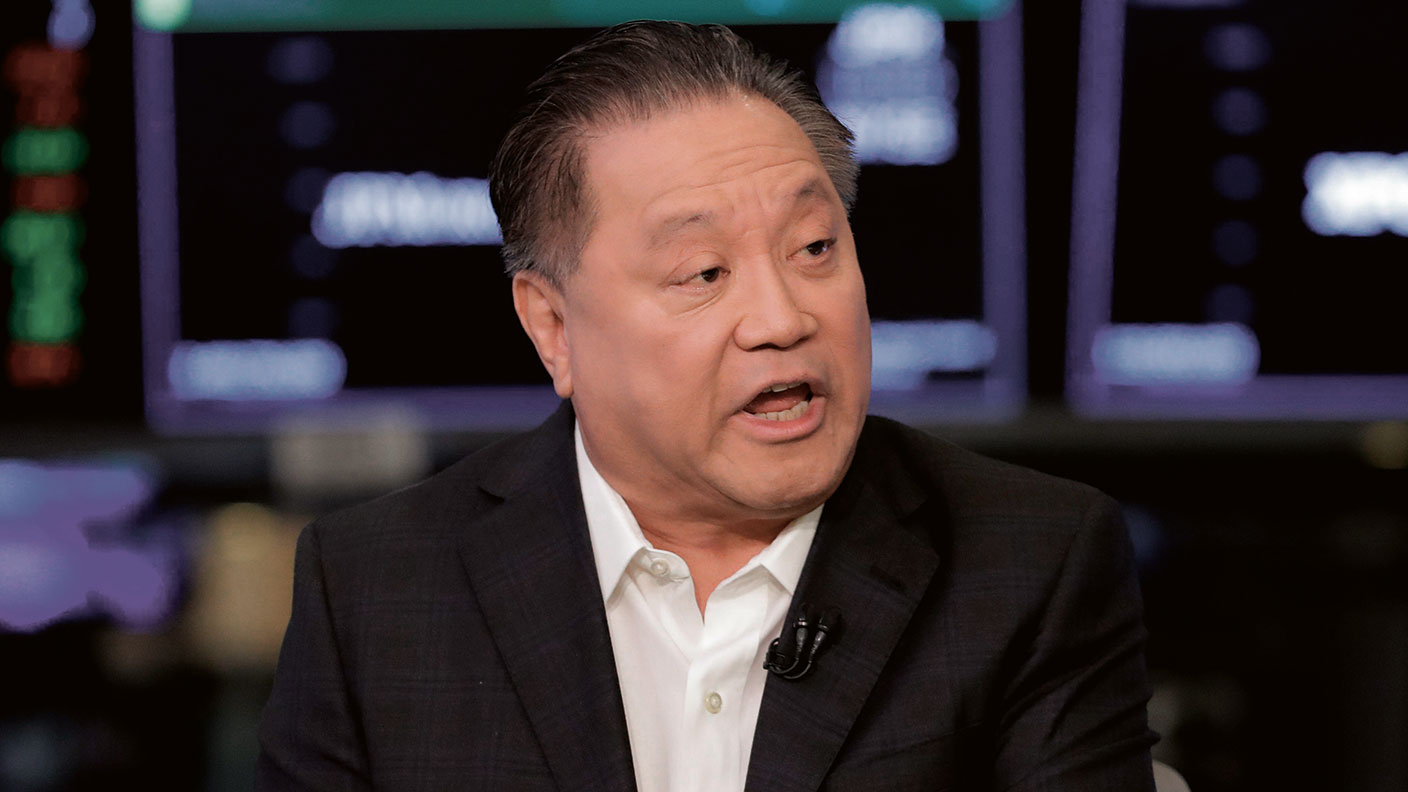
Get the latest financial news, insights and expert analysis from our award-winning MoneyWeek team, to help you understand what really matters when it comes to your finances.
You are now subscribed
Your newsletter sign-up was successful
Want to add more newsletters?

Twice daily
MoneyWeek
Get the latest financial news, insights and expert analysis from our award-winning MoneyWeek team, to help you understand what really matters when it comes to your finances.

Four times a week
Look After My Bills
Sign up to our free money-saving newsletter, filled with the latest news and expert advice to help you find the best tips and deals for managing your bills. Start saving today!
When Broadcom’s CEO Hock Tan met Donald Trump in early November 2017, the two men struck up an instant accord. The meeting seemed a win-win for both men, says the Financial Times. Tan’s announcement that he was shifting the Singapore-based chipmaker back to its original corporate home was a big endorsement of Trump’s America First campaign. It was also a nod to the American dream.
Tan outlined how he’d arrived in America as a poor “18-year-old skinny kid” on a scholarship to MIT. Now he wanted to “give back”. Yet, within days, the bonhomie was shattered. Tan’s narrative had omitted to mention that “he had a grand plan up his sleeve”. When, four days later, he launched an audacious $130bn hostile bid for US chip firm Qualcomm, Trump’s fury at being taken for a mug was palpable. Trump played the national security card to block the deal.
The arch consolidator
Five years on, the chip industry’s “arch consolidator” is back with another giant deal that he may view as partial consolation for that bruising debacle. In a bid to widen Broadcom’s offering, says Reuters, Tan is paying $61bn for VMware, a cloud software company chaired and part-owned by Michael Dell (founder of the eponymous computer company). Given the wider carnage in the tech sector, the deal – valuing VMware at a 50% premium to its share price – might be construed as risky. But in terms of actually winning the deal, Tan appears to have learnt his lesson. Back in 2017 he was described by one onlooker as overly “cocky” – the Broadcom team figured that Qualcomm would be in the bag because the president liked the boss. This time he’s been far more cautious, says Bloomberg. Having long “secretly eyed” the software house, “Broadcom crunched numbers, scoped out VMware’s products and ran scenarios for about a year before making an approach”. It may also help that Tan’s relationship with Dell goes back a very long way.
MoneyWeek
Subscribe to MoneyWeek today and get your first six magazine issues absolutely FREE

Sign up to Money Morning
Don't miss the latest investment and personal finances news, market analysis, plus money-saving tips with our free twice-daily newsletter
Don't miss the latest investment and personal finances news, market analysis, plus money-saving tips with our free twice-daily newsletter
From the get-go, Tan, now 70, has owed his success to “his willingness to seize opportunities”, says the FT. Born into a working-class Chinese Malaysian family, he grew up in Penang, one of the country’s economic powerhouses. A talented schoolboy, his big break came in 1971 when he won a scholarship to MIT to study mechanical engineering, says The Edge Weekly (Malaysia). His early career was peripatetic. Returning home to Malaysia, Tan took senior management positions at Hume Industries and Pacven Investments in the 1980s, before heading back to America, where he gained US citizenship and joined, in rapid order, PC-maker Commodore, PepsiCo and General Motors.
Facing down a backlash
By the time the tech boom got under way in 1999, Tan was in the right place at the right time. While leading two esoteric electronics firms – Integrated Circuit Systems and Integrated Device Technology – “he honed the art of acquiring companies”, gaining a reputation as a ruthless cost-cutter. That put him on the radar of Dell’s investment house Silver Lake Partners, which put him in charge of chipmaker Avago Technologies as it “beefed it up” to list. In 2015, Avago acquired Broadcom for $37bn, changing its name to reflect this trophy acquisition. A string of further acquisitions followed.
By 2017 Tan shot to wider fame when he was named as America’s top-earning CEO – reflecting the fact that Avago/Broadcom’s shares had gained a whopping 1,600% since listing in 2009, thanks to its leader’s canny consolidations. The downside, says Reuters, was a growing “perception” among target companies and analysts that Broadcom puts profits “ahead of innovation”. Tan, now a noted philanthropist, has always bristled at the charge. But it is currently fuelling a backlash against his big VMware deal. He might reflect that at least this time he won’t have to tangle with the mercurial Trump.
SEE ALSO:
Get the latest financial news, insights and expert analysis from our award-winning MoneyWeek team, to help you understand what really matters when it comes to your finances.
Jane writes profiles for MoneyWeek and is city editor of The Week. A former British Society of Magazine Editors (BSME) editor of the year, she cut her teeth in journalism editing The Daily Telegraph’s Letters page and writing gossip for the London Evening Standard – while contributing to a kaleidoscopic range of business magazines including Personnel Today, Edge, Microscope, Computing, PC Business World, and Business & Finance.
-
 Last chance to invest in VCTs? Here's what you need to know
Last chance to invest in VCTs? Here's what you need to knowInvestors have pumped millions more into Venture Capital Trusts (VCTS) so far this tax year, but time is running out to take advantage of tax perks from them.
-
 ISA quiz: How much do you know about the tax wrapper?
ISA quiz: How much do you know about the tax wrapper?Quiz One of the most efficient ways to keep your savings or investments free from tax is by putting them in an Individual Savings Account (ISA). How much do you know about ISAs?
-
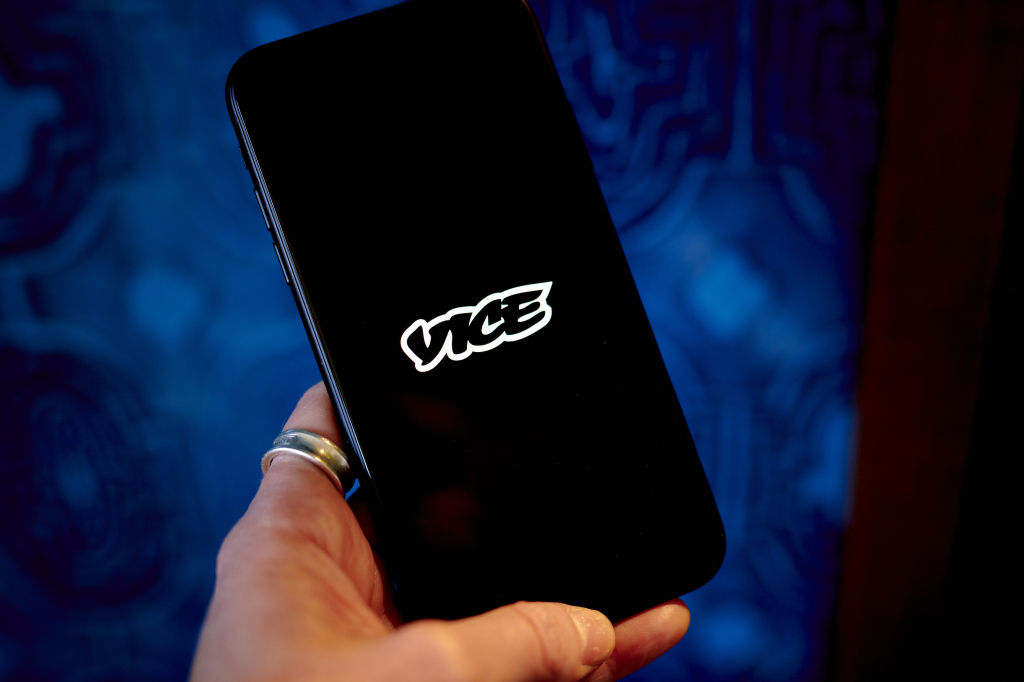 VICE bankruptcy: how did it happen?
VICE bankruptcy: how did it happen?Was the VICE bankruptcy inevitable? We look into how the once multibillion-dollar came crashing down.
-
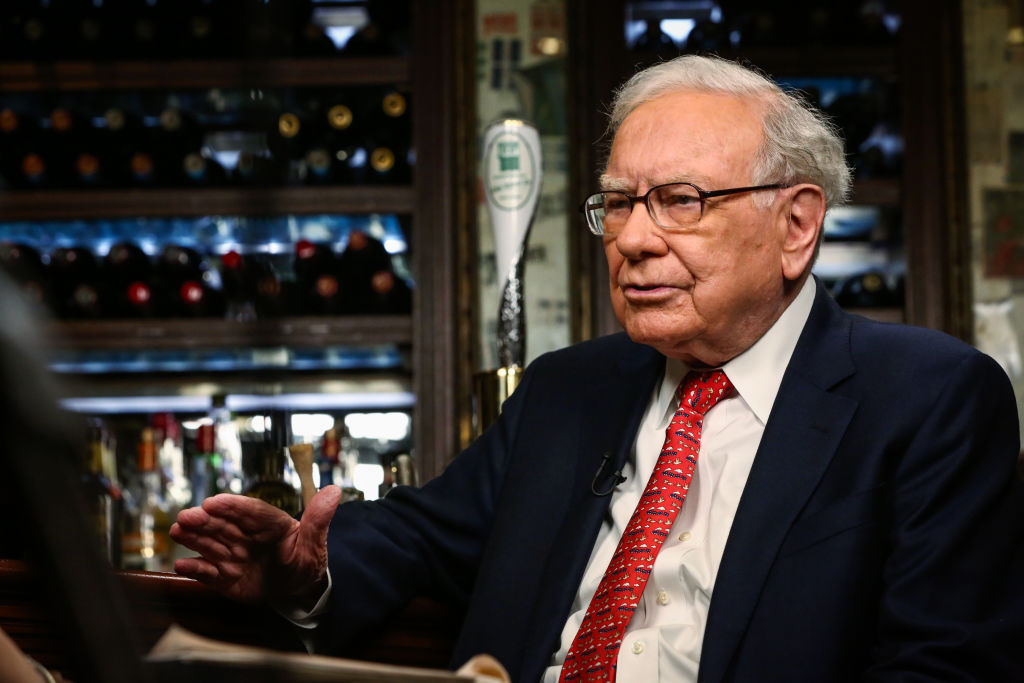 What is Warren Buffett’s net worth?
What is Warren Buffett’s net worth?Warren Buffett, sometimes referred to as the “Oracle of Omaha”, is considered one of the most successful investors of all time. How did he make his billions?
-
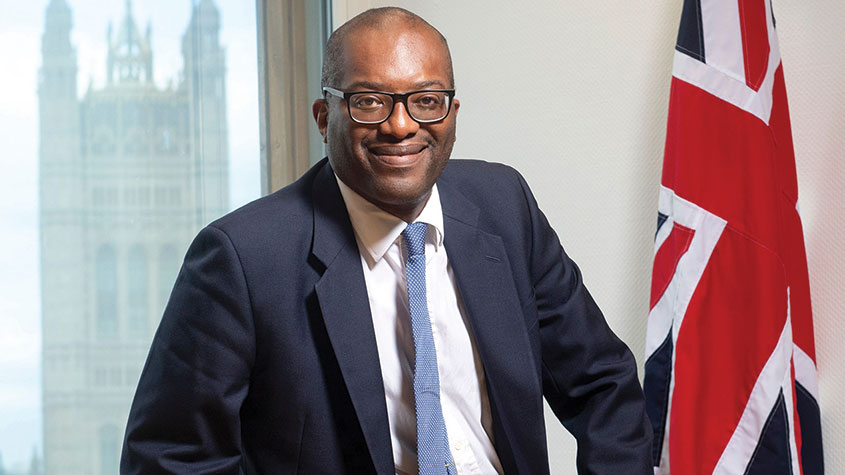 Kwasi Kwarteng: the leading light of the Tory right
Kwasi Kwarteng: the leading light of the Tory rightProfiles Kwasi Kwarteng, who studied 17th-century currency policy for his doctoral thesis, has always had a keen interest in economic crises. Now he is in one of his own making
-
 Yvon Chouinard: The billionaire “dirtbag” who's giving it all away
Yvon Chouinard: The billionaire “dirtbag” who's giving it all awayProfiles Outdoor-equipment retailer Yvon Chouinard is the latest in a line of rich benefactors to shun personal aggrandisement in favour of worthy causes.
-
 Johann Rupert: the Warren Buffett of luxury goods
Johann Rupert: the Warren Buffett of luxury goodsProfiles Johann Rupert, the presiding boss of Swiss luxury group Richemont, has seen off a challenge to his authority by a hedge fund. But his trials are not over yet.
-
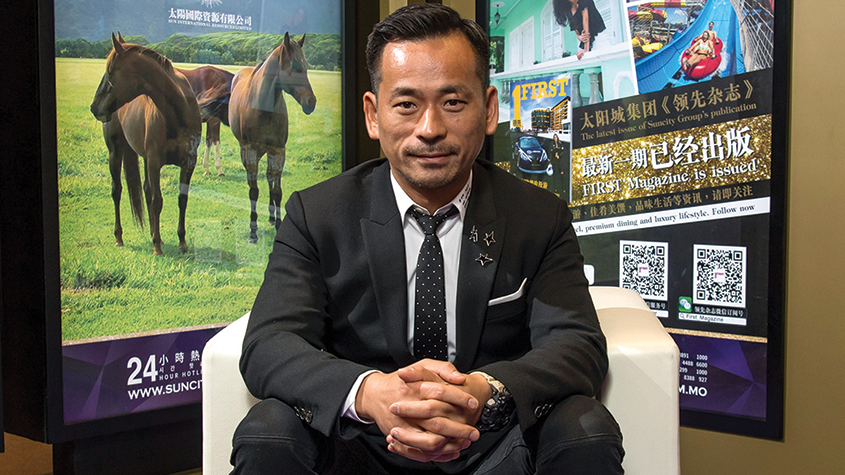 Profile: the fall of Alvin Chau, Macau’s junket king
Profile: the fall of Alvin Chau, Macau’s junket kingProfiles Alvin Chau made a fortune catering for Chinese gamblers as the authorities turned a blind eye. Now he’s on trial for illegal cross-border gambling, fraud and money laundering.
-
 Ryan Cohen: the “meme king” who sparked a frenzy
Ryan Cohen: the “meme king” who sparked a frenzyProfiles Ryan Cohen was credited with saving a clapped-out videogames retailer with little more than a knack for whipping up a social-media storm. But his latest intervention has backfired.
-
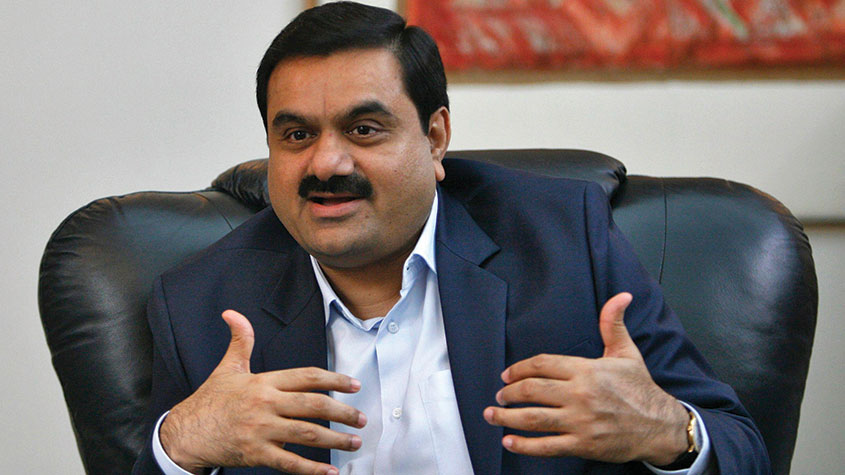 The rise of Gautam Adani, Asia’s richest man
The rise of Gautam Adani, Asia’s richest manProfiles India’s Gautam Adani started working life as an exporter and hit the big time when he moved into infrastructure. Political connections have been useful – but are a double-edged sword.